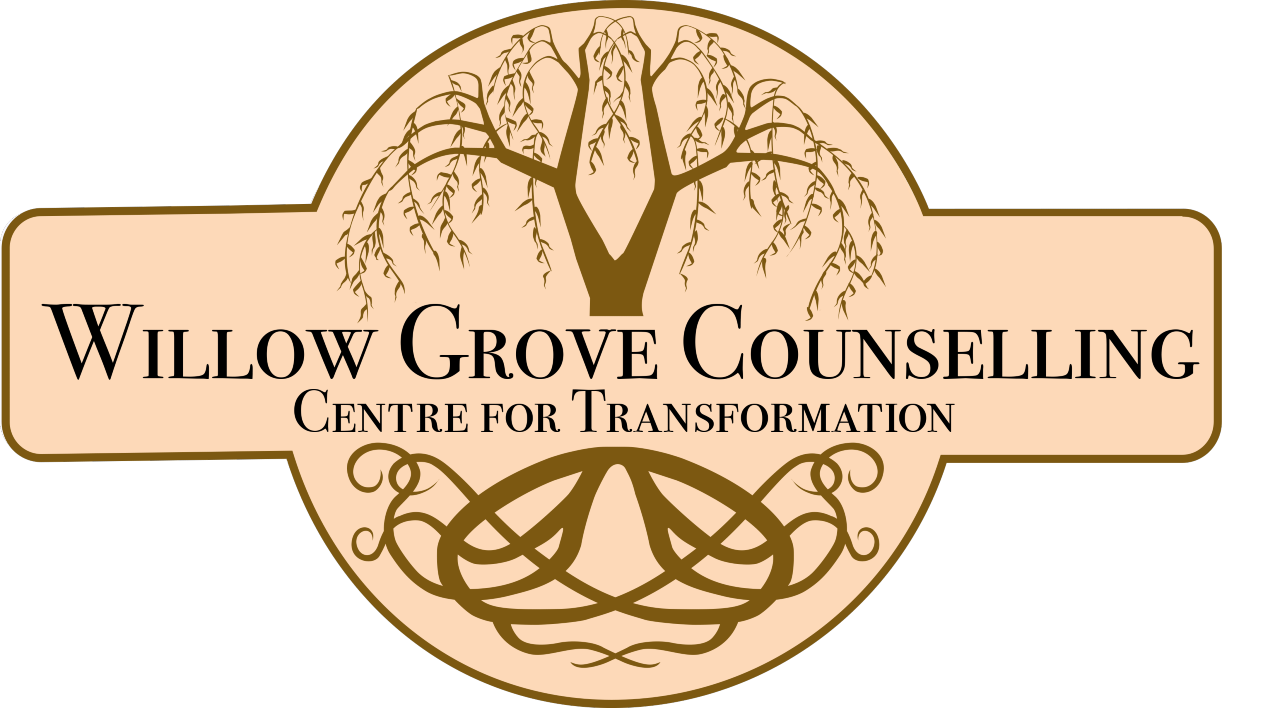Transforming Oppression: A Guide To The System – by Miranda Rylance MSW, RSW
Many moons ago I started a book. The book was called A Guide To The System and, typical of many ambitions in my life, was immense in scope. My aim is to empower consumers of services within the systems of Ontario, maybe this country and possibly others by:
1) Explaining the roles of various system providers – so that consumers can make informed-choices.
2) Providing resources – everything from organizations that offer volunteer drivers to programs that provide financial aid for mental health services to survivors of violent crime.
3) Providing tools and strategies – Every system has its own language, its own culture, and its own etiquette. Knowing how to talk to various providers is often a determining factor for your success in getting your needs met.
3) Validating and addressing systemic oppression – by acknowledging the lack of transparency in our systems, addressing the feelings of helplessness, shame, fear, and anxiety that so often go along with the inherent power imbalance between service providers and clientele.
After years of researching systems (at educational, community organization, and management levels, and as a frontline mental health professional) I hit a roadblock.
How could I provide a thorough list of resources when resources are constantly changing? Programs start and fail sometimes in the same year and many professionals —working as full-time system navigators—are unable to stay on top of available options. It was the roadblock of the ever-changing resource landscape, and the support and sage advice of my colleague Professor Peter Dunn that led me to start this blog. My hope is that it will get enough legs to empower generations to come and to become one more tool in the process of transforming systemic oppression.
I encourage my readers to email me ([email protected]) with suggestions of topics to add. I will do my best to address each and every request and to give you a sense of how long it might take me to get to it.
“my hope is that it will get enough legs to empower generations to come…”
A Guide To Which Systems?
The term, “the system” is used often but is less often described. The term, “the system” generally refers to systems of power, most often meaning governmental and related social welfare/social service organizations. Of course, it would be a LOT of work to put the magnifying glass on every single system in existence so, for the purpose of this blog, I will be focusing on the following:
Mental health systems: This includes non-profit and for profit organizations/advocacy groups/agencies, governing bodies (e.g. the College of Psychologists of Ontario), professional associations (e.g. the Ontario Association of Social Workers), mental health hospitals, psychiatric wards in general hospitals, and independent practitioners (also called private practitioners) like myself.
The health system: this includes medical clinics, walk-in clinics, family health team practitioners (such as social workers, occupational therapists, dieticians, diabetic nurses, nurse practitioners, palliative care teams, outreach workers, geriatric social workers, psychologists, chronic pain teams and others), generalized hospitals, specialized hospitals, teaching hospitals, care coordination specialists and organizations such as what used to be the Local Health Integrative Networks, and organizations focused on specific disabilities like the Canadian National Institute for the Blind.
Social Services: including employment and income supports (such as Ontario Works in Ontario and the Ontario Disability Support Program), the Non-Insured Health Benefits program (for First Nations persons with status), food programs, housing programs and landlord tenant boards, long-term care homes, homelessness services, child care, early on centres, and settlement services.
The Justice System: this includes police, probation offices/Officers, lawyers, Victim Witness Assistance Programs, small claims court, civil court, criminal court, tribunals such as the Ontario Human Rights Tribunal, Landlord Tenant Boards, child protection agencies, and community justice agencies.Educational systems: This includes everything from elementary schools, high schools, Universities, Colleges, Trade Schools, and Independent Learning Centres. I can’t promise to cover each and every nook and cranny but I can endeavour to give it a good go and to research any suggestions or requests sent my way.

